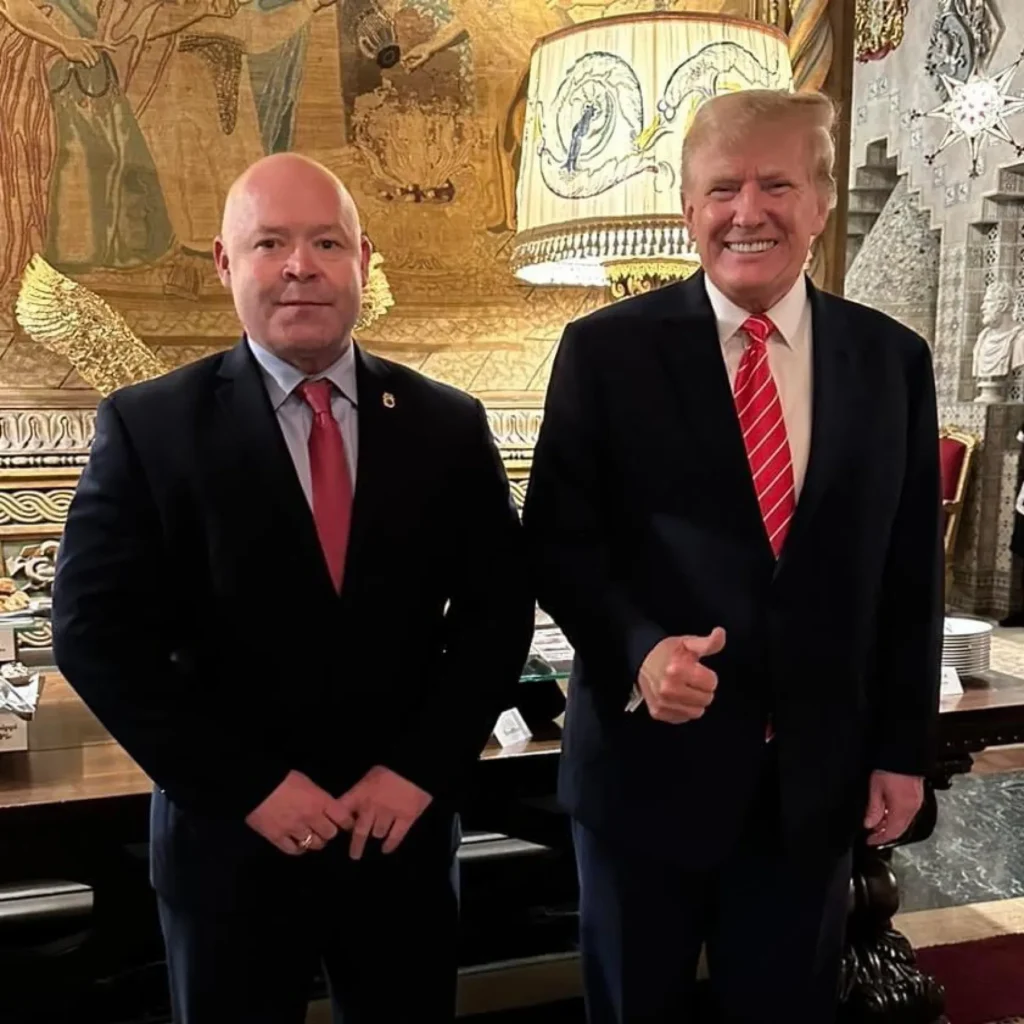Can Federal Worker Unions Survive?

Turns out Mr. Man of the Working Class Donald Trump does not in fact like unions. Who could have known? He’s going to war on federal worker unions and their future is pretty up in the air:
President Trump’s antipathy toward federal sector unions is well known. Still, Lee says Trump’s attacks on unions now are “exponentially worse” than in the president’s first term.
“Even our ability to exist in the federal workplace — to be able to represent employees — is threatened by this administration,” he says.
Trump’s efforts to slash the federal workforce by hundreds of thousands of workers could decimate union bargaining units. And even where workers remain, he has moved to end the right to union representation for wide swaths of the workforce.
In late March, Trump issued an executive order ending collective bargaining rights for most federal workers, citing a provision in federal law that gives presidents the authority to do so at agencies that have national security as a primary mission.
Already, employees at agencies such as the CIA, the FBI and the National Security Agency have no collective bargaining rights.
Trump’s executive order went much further, sweeping up a broad array of agencies those exclusions have never applied to, including the Environmental Protection Agency, the Department of Veterans Affairs and the FDA.
The real issue of course is that collective bargaining means Trump can’t rule by personal fiat.
Trump has argued that having to negotiate with unions over workplace matters impedes his ability to manage the government as he sees fit.
Some would say that’s by design.
In a New York University Law Review article, Nicholas Handler, an associate professor of law at Texas A&M School of Law, argues that collective bargaining serves as a check on presidential power. The binding agreements that unions negotiate with federal agencies over personnel matters such as working conditions, performance reviews, and grievance procedures “restrain and reshape the President’s power to manage the federal bureaucracy,” he writes.
Civil servants did not always have this leverage. In the first half of the 20th century, even as labor unions gained strength elsewhere, there was a fear of giving federal workers too much say over how the nation’s laws were carried out. After all, civil servants serve the American people.
As such, federal employees have never had the right to strike. They also can’t negotiate over wages.
Consider a scenario in which a president wants to weaken a particular agency, such as the EPA. One way to undermine the agency would be to make life for EPA workers miserable, he explains. Collective bargaining gives those employees a way to push back, to preserve their ability to carry out their agency’s mission as Congress intended.
Now, Trump says those labor rights Congress established in 1978 make federal workers unaccountable.
“The CSRA enables hostile Federal unions to obstruct agency management,” states a White House document explaining his executive order. “This is dangerous in agencies with national security responsibilities.”
It is worth noting here that recent Democratic administrations could have prioritized building up federal worker union rights more but like many things, left things pretty vague, which allows someone like Trump to come and eviscerate. Part of what Democrats have to do in the future is not just to be the “we are the party of the sane” stuff. That might work to get elected, but as Keir Starmer is discovering, your window of opportunity based around that lasts for about 5 minutes. You have to solve the more structural problems. This is one of them.


